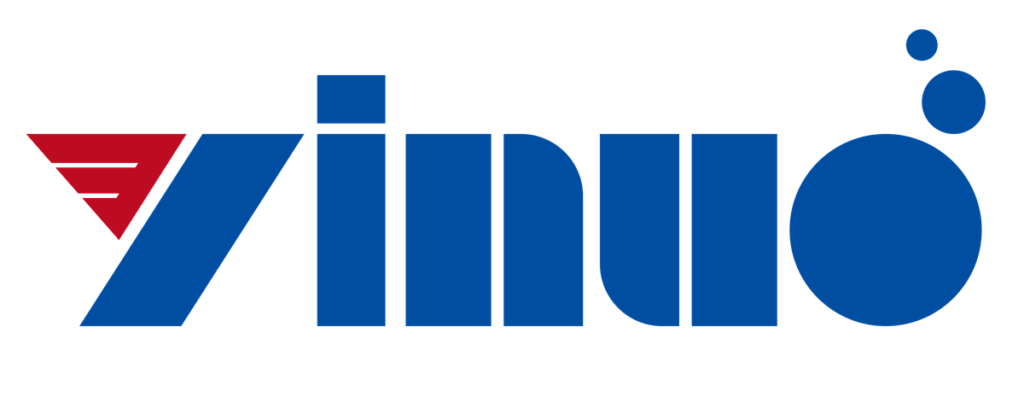The Role of JUKI Label Feeders in Enhancing Consumer Trust
Introduction
In today’s competitive manufacturing landscape, consumer trust is paramount. Brands are not just competing on price and quality but also on transparency, reliability, and compliance with safety standards. For manufacturers, every detail in the production process contributes to building this trust, and labeling is no exception. One key tool that plays a significant role in ensuring accurate and consistent labeling is the JUKI label feeder. Known for its high-performance equipment, JUKI is a leading name in the Surface Mount Technology (SMT) industry. This article explores how JUKI label feeders help manufacturers enhance consumer trust by ensuring precision, compliance, and product authenticity.
Precision and Accuracy in Labeling
1. Reliable Information for Consumers
Consumers today demand accurate information about the products they purchase. From ingredients and instructions to serial numbers and certifications, the information on a product label is often the first point of reference for customers. JUKI label feeders are designed to apply labels with extreme precision, ensuring that this critical information is consistently placed and easily readable. This level of accuracy reassures consumers that the product they are purchasing meets their expectations and adheres to industry standards.
2. Consistency Across Batches
Consistency is a key factor in consumer trust. Whether purchasing a product in-store or online, customers expect that every unit will be labeled and packaged consistently. JUKI label feeders provide this consistency by automating the labeling process, ensuring that every item in a batch is labeled identically. This reliability in production reinforces the brand’s commitment to quality and uniformity, which in turn strengthens consumer confidence.
Compliance with Regulations and Standards
1. Meeting Industry Regulations
In industries such as electronics, pharmaceuticals, and food production, regulatory compliance is non-negotiable. Products must be labeled with specific information, including safety warnings, expiration dates, and compliance certifications. JUKI label feeders help manufacturers meet these stringent requirements by ensuring that labels are applied accurately and contain all necessary information. The automation provided by JUKI feeders minimizes the risk of human error, helping companies avoid costly compliance violations and ensuring that consumers receive safe, compliant products.
2. Traceability and Accountability
Traceability is becoming increasingly important to consumers, particularly in sectors like food, pharmaceuticals, and electronics, where product recalls and safety concerns are common. JUKI label feeders enable manufacturers to accurately label products with batch numbers, serial numbers, and barcodes, making it easier to track products through the supply chain. This transparency not only meets regulatory requirements but also allows consumers to trace the origin of the products they purchase, increasing their trust in the brand.
Combatting Counterfeiting and Ensuring Authenticity
1. Protecting Brand Integrity
Counterfeiting is a major issue for many industries, from electronics to luxury goods. Fake products not only damage a brand’s reputation but also pose safety risks to consumers. JUKI label feeders help manufacturers combat counterfeiting by enabling the application of unique, secure labels, such as tamper-evident seals, holograms, or QR codes that can be scanned to verify authenticity. By ensuring that only authentic products reach the market, JUKI feeders help protect both consumers and brand integrity.
2. Building Trust Through Transparency
Consumers today are increasingly interested in the origins and authenticity of the products they buy. By using JUKI label feeders to apply labels that provide detailed product information, such as sourcing, manufacturing dates, and authenticity codes, manufacturers can offer a level of transparency that builds trust. Consumers are more likely to remain loyal to brands that are open and honest about their production processes and product authenticity.
Enhancing Efficiency While Maintaining Quality
1. Reducing Errors Through Automation
Manual labeling processes are prone to errors, which can lead to mislabeled products and loss of consumer trust. JUKI label feeders eliminate these risks by automating the labeling process, ensuring that every product is labeled correctly. This reduction in errors not only improves operational efficiency but also ensures that consumers receive the correct product information every time, reinforcing their trust in the brand.
2. Speed and Scalability Without Compromising Accuracy
In today’s fast-paced manufacturing environments, companies need to scale quickly while maintaining high standards of quality. JUKI label feeders allow manufacturers to increase production speed without compromising on accuracy or consistency. This ability to maintain quality at scale helps brands meet consumer demand while continuing to deliver the reliable products that consumers expect and trust.
Conclusion
JUKI label feeders play a crucial role in helping manufacturers build and maintain consumer trust. Through their precision, consistency, and ability to ensure regulatory compliance, these feeders enable brands to deliver reliable, high-quality products to the market. By facilitating transparency and authenticity, JUKI label feeders help manufacturers protect their brand integrity and meet the growing demands of consumers for trustworthy, safe, and authentic products. In an increasingly competitive market, the role of JUKI label feeders in enhancing consumer trust is more important than ever.


